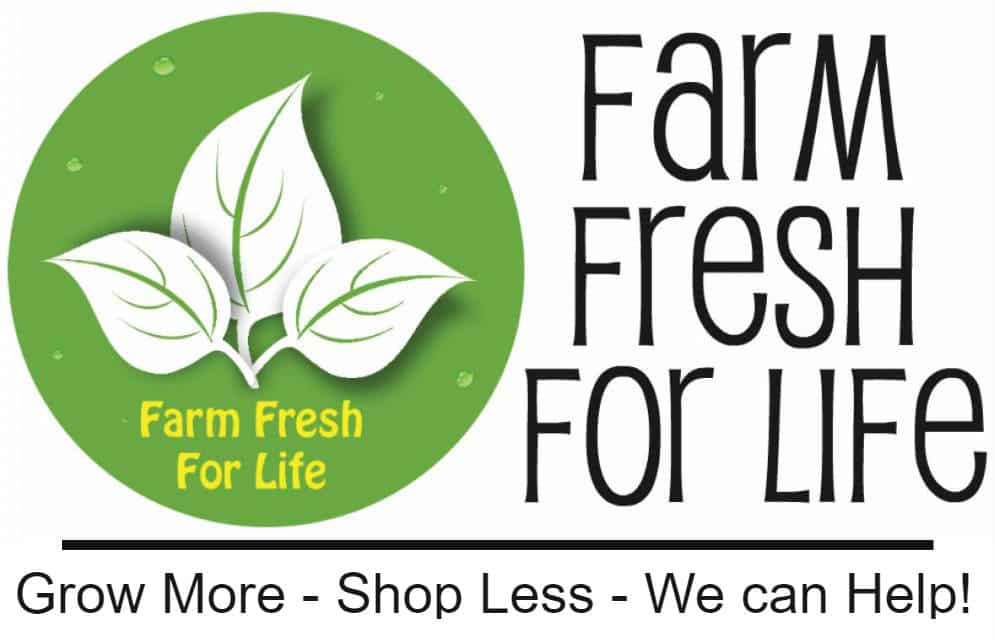Minimalist Eating
I don’t know about you but I get annoyed with all the eating fads and trends. Believe it or not, diets and eating techniques go in and out of fashion just like clothing trends.
It’s true.
In a world of ever-changing systems to reach the goal of skinny jeans, there is the constant, never-changing, super-healthy approach to eating that is as basic as eating gets.
It always works – it is easy to follow – and is not restrictive (in my opinion).
AS CLOSE TO ITS NATURAL STATE AS POSSIBLE
Around here we call it “The Farmer’s Diet” some call it “Whole Foods Eating” others “Real Food” and the latest tagline is “Minimalist Eating.”
Each of these approaches is a basic rudimentary line of thinking that is easy to wrap your brain around – eat real food, unprocessed, unchanged, without ingredients.
- Real Food
- Whole Food
- Farm to Table
- Ingredient-free food
The plan is simple: eat foods without ingredients as close to their natural state as possible. Things like eggs, nuts, steak, asparagus, and coconut oil.
Whole food applies to vegetables, fruits, legumes, WHOLE grains (not the flour from the supermarket), meat, fish, eggs, etc.
I love this approach to eating because it is not restrictive. Most diets restrict entire food groups. Paleo forbids grains and dairy. Keto restricts carbohydrates. Vegetarian disallows meat products. And so on.
When you take a minimalist eating approach you are eating ANYTHING as long as it is real and it has not been overly processed.
Minimally processed foods are very close to their natural state.
NOT ALL PROCESSING IS BAD
We typically think of processed foods as BAD, however, this isn’t always the case.
- We ‘process’ tomatoes into homemade spaghetti sauce
- We process the corn before freezing
- We process the cucumbers by pickling them
Processing can be good. For example, home canning food gives us access to eat a variety of homegrown foods year-round.
PROCESSING TO AVOID
Anything that is ultra-pasteurized or ultra-processed we want to avoid. Did you know that 90% of added sugar in Western Diets come from ultra-processed foods? When we avoid these highly changed foods, we easily reduce our sugar intake.
“A 2014 analysis by Yale University researchers found that the claims of health benefits for many popular diets such as low glycaemic, Paleo and vegan were exaggerated. The one consistent finding was that “a diet of minimally processed foods close to nature, predominantly plants, is decisively associated with health promotion and disease prevention”.” – SOURCE
NO BRAINER
Consuming a diet mostly of whole foods and minimally processed foods comes with undeniable benefits. Some of those perks include lower rates of heart disease, type two diabetes, and cancer. When you consume whole foods you are consuming higher levels of nutrients, phytochemicals, fiber, and natural compounds.
SATISFACTION
Another perk of eating real foods is that when you feed your appetite with healthy fats, high levels of protein, and a variety of fruits and vegetables you are less likely to consume unhealthy, overly processed foods.
- Healthy Fats keeps you satisfied longer.
- Protein gives you energy and strength.
- Fruit delights your sweet tooth and curbs cravings.
- Fiber fills you up and keeps your gut healthy.
Fad diets, trendy regimes, and hunger pains do not need to be a part of life.
We know that when a variety of fruits, vegetables, and whole grains are consumed the nutrients in these vitamin-rich foods act together allowing even more nourishment. There is no reason to jump on the latest food fad, eating healthy is as simple as consuming whole foods, as close to their natural state as possible.
When we enjoy these, we know we giving our bodies the highest level of vitamins the way God intended.
XO,
Candi



